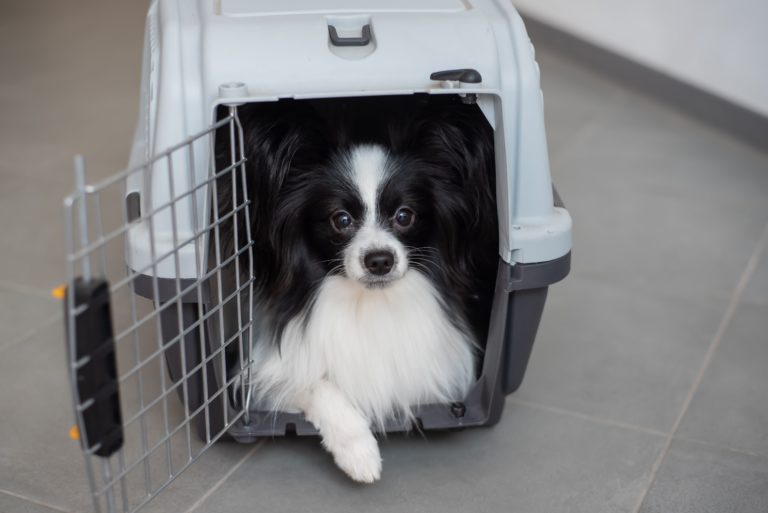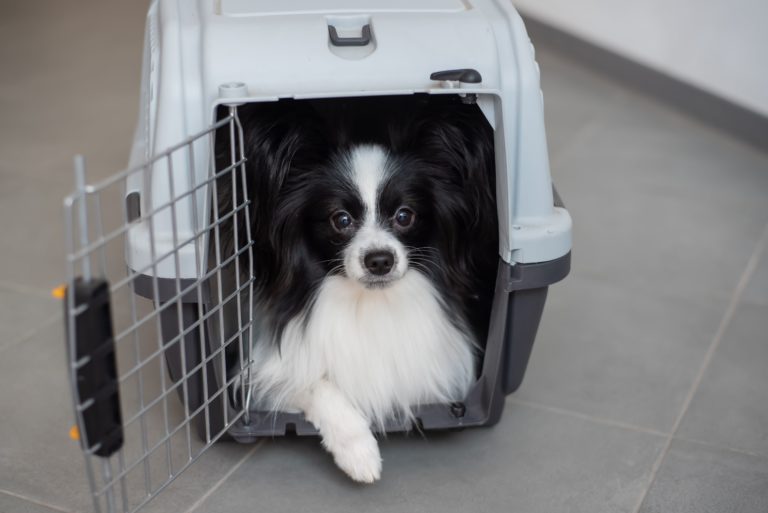Air Travel Regulations for Pets to the Netherlands: What You Need to Know
Traveling to the Netherlands with your beloved pet? Whether you’re relocating, going on an extended stay, or simply bringing your furry friend along for the journey, it’s essential to understand the rules and requirements for transporting pets by air to the Netherlands. Strict regulations are in place to ensure animal welfare, public health, and biosecurity, so preparation is key to avoid delays, fines, or denied entry.
This guide will walk you through the necessary steps and documents to make your pet’s air journey smooth and legal.
1. What Types of Pets Are Allowed?

The Netherlands permits the importation of common household pets such as:
-
Dogs 🐶
-
Cats 🐱
-
Ferrets 🦡
Other animals like birds, rabbits, reptiles, and rodents are subject to different regulations and may require additional permits. Commercial shipments (for sale or adoption) are treated differently from personal pet travel.
2. Microchip Identification
All pets must be microchipped with an ISO 11784/11785 compliant 15-digit microchip before rabies vaccination. The chip must be readable by international scanners, or owners must bring a compatible reader. Tattoo identification is not accepted unless done before July 2011 and still clearly visible.
3. Rabies Vaccination Requirements
-
Pets must be vaccinated against rabies at least 21 days before travel.
-
The rabies vaccine must be administered after the microchip is implanted.
-
The pet must be at least 12 weeks old before receiving the rabies shot.
4. EU Health Certificate (Annex IV)
For pets arriving from non-EU countries, an EU Animal Health Certificate (Annex IV) must be completed by an official veterinarian in the country of departure within 10 days of travel. The form must confirm microchip ID, rabies vaccination, and general health status.
If traveling from another EU country, a valid EU Pet Passport is accepted instead.
5. Tapeworm and Tick Treatment (Dogs Only)
Unlike some EU countries, the Netherlands does not currently require tapeworm or tick treatment for dogs. However, such treatments are still highly recommended for the animal’s health and to prevent the spread of parasites.
6. Airline and Crate Requirements
-
Pets must be transported in IATA-compliant crates that ensure safety and comfort.
-
Airlines may have specific rules on crate size, ventilation, food/water containers, and labeling.
-
Check with the chosen airline regarding whether pets can travel as checked baggage, cargo, or in-cabin (for small animals).
Always inform the airline in advance and confirm your pet’s reservation as space is limited on each flight.
7. Entry at Dutch Airports
Pets arriving in the Netherlands by air must enter through approved entry points such as Amsterdam Schiphol Airport, where they may be subject to inspection by Dutch customs and veterinary authorities. Present all paperwork on arrival to avoid quarantine or refusal of entry.
8. Banned Breeds and Import Restrictions
Some breeds (particularly aggressive or crossbred fighting dogs) may be restricted. It is advisable to check with the Netherlands Food and Consumer Product Safety Authority (NVWA) or your airline to confirm whether your dog breed is allowed.
9. Tips for a Stress-Free Journey
-
Book early and choose direct flights if possible.
-
Allow your pet to get familiar with the travel crate beforehand.
-
Pack your pet’s essentials: food, documents, leash, comfort items.
-
Arrive at the airport well in advance to handle check-in procedures.
Final Thoughts
The Netherlands is a pet-friendly country, but compliance with air transport and health regulations is strictly enforced. With proper planning and documentation, your furry friend can enjoy a safe, stress-free journey and a warm welcome in the Lowlands.
Need help arranging pet travel to the Netherlands? Contact us today for expert guidance and door-to-door service for your pet’s international flight! 🐾✈️
xem thêm:
10 Giống Chó Chịu Nóng Tốt – Phù Hợp Với Khí Hậu Việt Nam
Dịch Vụ Vận Chuyển Thú Cưng Nội Địa Và Quốc Tế

